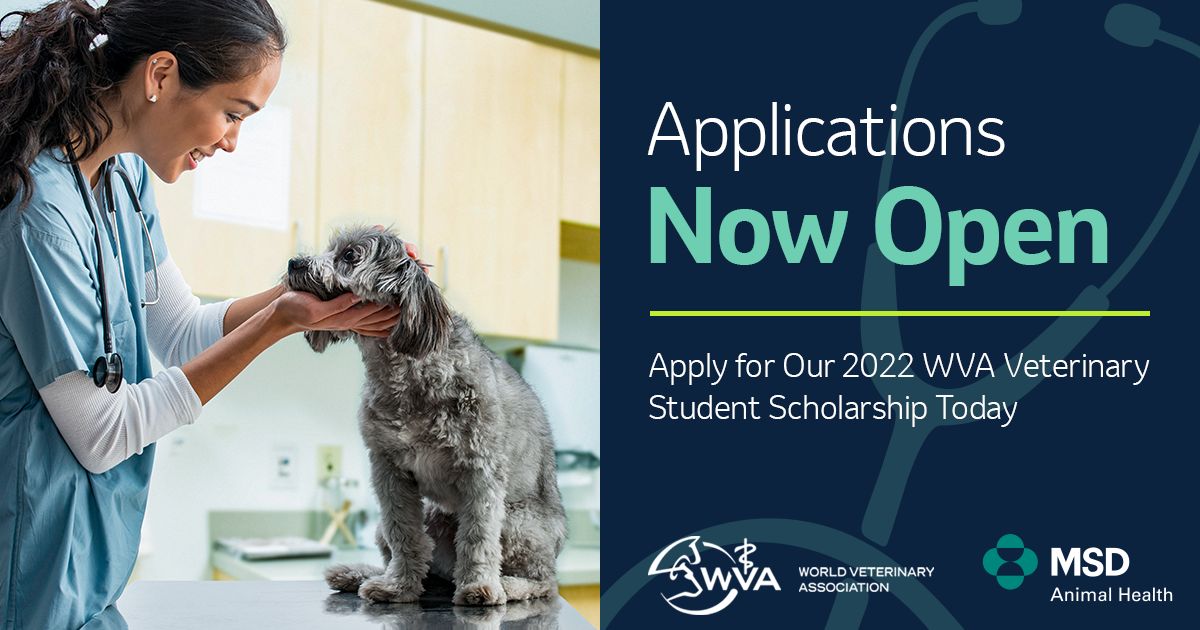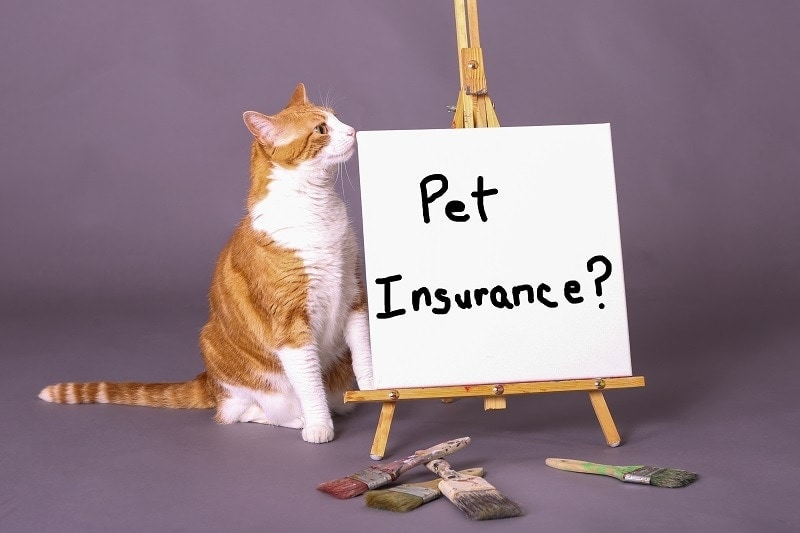
Public health veterinarians are responsible to prevent the spread of animal–to-human diseases. This job requires extensive training as well personal attributes. But it is one among the most rewarding careers. This is the perfect career for anyone who is interested in animal care and wants to make a difference.
Veterinary public Health
The component of public healthcare that includes veterinary public health (VPH), focuses on the application and integration of veterinary science into the human health system. This practice seeks to improve human health. VPH activities are coordinated in many countries by the chief vet officer (CVO).
The multidisciplinary approach to veterinary public health involves a variety of activities. It covers the prevention and treatment of animal diseases that may have an adverse effect on human health. A veterinarian's public health includes the detection, prevention, and treatment for bioterror threats. By ensuring the health and well-being of farm animals as well as meatpacking plants, veterinary public can help protect the food supply.

According to the world health organisation, veterinary public health is the science and practice that protects human health and all animals' well-being. Public health veterinarians play an important role in the protection of human and animal health through research, education and administration.
There are many career opportunities
Public health veterinarians protect the public's health by preventing animal-related disease outbreaks. They are also responsible to monitor animal-to human disease transmission. They may work in different environments and have many responsibilities. Some activities include analyzing information and gathering data, formulating strategies, and collaborating with other agencies. They may also administer vaccines and perform other tasks.
There are increasing opportunities for public-health veterinarians and there are more positions. There is an increasing need for veterinarians in public-health positions as the public becomes more aware of the contributions veterinarians make to public health. By advocating for the profession's value to the public, more veterinarians can enter public health roles. This will require a change in the way veterinarians are perceived.
Public health vets can work in federal or regional agencies. They are qualified to diagnose, treat and coordinate research projects and programs for communicable diseases. They can also work for corporations involved in the health and welfare of animals.

Education is required
A public health veterinarian is a veterinarian who helps prevent the spread of animal and human diseases. The work can be done within the government, private sector, or both. To become a public-health veterinarian, one must have the right qualifications and education. There are many avenues to pursue this career if you are serious about it.
Public health veterinarians are involved in nearly every aspect of public healthcare. They educate the public about both animal and human diseases as well as help to protect the people and the planet. They assist in the development and implementation of public health initiatives such as immunizations and parasite control. They also monitor the safety of water and food supplies. They often act as consultants in the development of animal health products and protection of food sources.
If you are interested in becoming an expert in public health, you should complete a Masters degree in Public Health. This program integrates coursework and hands-on practice. Students complete a 240-hour internship, known as an Applied Practice Experience, where they put their skills to use. The Tennessee Department of Health, East Tennessee Regional Health Office and the US Department of Agriculture are all good examples of typical internship sites. The preceptor and student create a set learning objectives during the first week.
FAQ
What are some signs that my dog might be sick?
A variety of symptoms may indicate that your dog has a serious illness. These symptoms include:
-
Vomiting
-
Diarrhea
-
Lethargy
-
Fever
-
Weight loss
-
Reduced appetite
-
Coughing
-
Difficulty breathing
-
Bleeding around the nose
-
Urine or stool contaminated with blood
These are just some examples. Your vet can tell you which signs to watch for.
How often should I groom my dog?
Grooming your dog can be very important. Grooming your dog is important to keep his coat clean and healthy.
Your dog needs to be brushed at least twice a week. Brush your dog after every meal.
Brushing your dog's fur will remove loose hair and dirt. Brushing your dog's teeth will make him look more healthy.
Ear infections can be prevented by brushing his ears.
Do I decide to get a dog or a cat?
Your personality will determine the answer to this question. Some people are more fond of kittens than they are puppies.
In general, however puppies are more active, playful, and social than cats. Kittens often sleep a lot and can be very gentle.
Both types of animals need lots of attention from their parents. They will need lots of attention as they grow up and require a lot more care.
They will also need regular medical checkups. It is important that you take the time to take your pet to the vet.
What are your responsibilities as a pet owner?
An owner of a pet must love their pet unconditionally. They should provide for their basic necessities such as shelter, water, food, and clothing.
They should teach them good behavior. Pet owners should not neglect their pet.
He should also be responsible enough take care of it, and clean up after himself.
What do I do if my dog bites another person?
You should first check that the animal you are being attacked is not rabid. If this is not possible then you should call for assistance. Do not attempt your own rescue, as you might be seriously injured.
If the animal bites but isn't aggressive, take it to a veterinarian. Your vet will examine the animal and decide if any additional treatment is required.
In most cases, rabies shots are required. However, you should never administer these yourself. Only a qualified person should do so.
What amount should I spend on my pet?
It is a good rule to budget between $200 and $300 per month.
This can vary depending on where one lives. You'd spend approximately $350 per calendar month in New York City.
In rural areas, however you may only need $100 per calendar month.
You should remember to buy high-quality items like collars, leashes, toys, and the like.
It is worth considering purchasing a crate to protect your pet. It will protect your pet during transport.
Consider these things when you are considering getting a pet.
The first thing to consider is what kind of lifestyle you want for yourself and your family. Do you have kids? What number do you have? How old are they now? Are there any dietary restrictions?
Are you allergic to anything? Is there anything else you need to know about your pet?
Once you have answered these questions, consider whether or not you are looking for an active companion dog, a calm cat or a house-trained feline.
You should visit a shelter to meet the dogs and get to know them before you consider adopting them.
You should also check to see if the animal is vaccinated for rabies and other diseases.
Ask the owner if they will care for the pet while you are away. This will allow you to leave your pet at home and not worry about it.
Keep in mind that pets are part and parcel of your family.
Statistics
- It is estimated that the average cost per year of owning a cat or dog is about $1,000. (sspca.org)
- In fact, according to ASPCA, first-year expenses can sum up to nearly $2,000. (petplay.com)
- It's among a relatively few companies that provide policies with a full (100%) coverage option, meaning you are not responsible for any co-payment of bills. (money.com)
- Reimbursement rates vary by insurer, but common rates range from 60% to 100% of your veterinary bill. (usnews.com)
- Pet insurance helps pay for your pet's medical care, with many policies covering up to 90 percent of your vet bills. (money.com)
External Links
How To
How to choose a good name for your pet?
Choosing a name for your pet is one of the most important decisions you'll make when adopting a new animal into your home. Names should reflect who your pet is and their personality.
Consider how other people may refer to them. If you are going to use their name during conversation, for instance. And finally, you should think about how you yourself would like to be referred to. Do you prefer "pet" or "dog"?
Here are some tips for getting started.
-
You should choose a name that suits your dog's breed. Look up the names of the breeds if you know the breed (e.g. Labradoodle). Ask someone who is familiar with dogs to recommend a name that fits the breed.
-
Think about the meaning of the name. Some breeds were named after people or specific places, while others are just names. The name "Rover," for example, was given to a Labrador Retriever because he was always running around!
-
What would you prefer to be called? Are you more comfortable calling your dog "dog" or "pet?" Are you more likely to call your dog "Puppy" than "Buddy?"
-
Make sure to include the owner's name. It's sensible to give your dog an owner's name. But, don't limit yourself by limiting your family's names. Your dog may grow up to be part of your family, too!
-
Be aware that many pets have multiple names. A cat could have several names, depending on her location. At home, she could be called "Kitty Cat", but when visiting friends, "Molly". This is especially true if the cat lives outside. Many cats adopt their names to suit their environment.
-
Be creative! There are no rules saying that you must stick to a specific naming convention. It is important to pick something distinctive and memorable.
-
You must ensure that the name you choose isn't already owned by another person or group. That way, you won't accidentally steal someone else's identity!
-
It is not easy to choose a name for your pet. Sometimes it takes time to determine whether a name is right for your dog. You can keep searching until you find your perfect match.